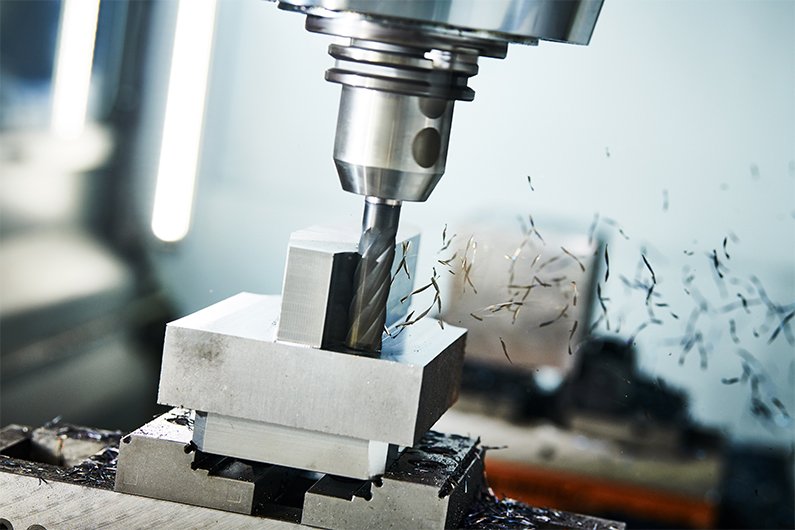CNC, an abbreviation for Computer Numerical Control, is a term commonly used in the manufacturing industry. It refers to a process that involves the use of computer-controlled machines to perform various tasks with high precision and accuracy. These machines are programmed to follow a set of instructions, allowing them to automate the manufacturing process and produce complex parts and products.
In English, CNC stands for Computer Numerical Control. The term computer refers to the use of computers or computer systems in controlling the machines. These computers are responsible for executing the programmed instructions and guiding the machines movements and operations. Numerical indicates that the instructions given to the machines are in the form of numerical codes or commands. These codes are typically generated using computer-aided design (CAD) or computer-aided manufacturing (CAM) software.
The concept of CNC was first introduced in the 1950s when the Massachusetts Institute of Technology (MIT) developed a system to control machine tools using punched tape. This early version of CNC technology revolutionized the manufacturing industry by allowing machines to perform tasks more efficiently and accurately than ever before. Over the years, CNC technology has evolved and become more advanced, with machines now capable of performing complex operations with minimal human intervention.
CNC machines can be found in various industries, including automotive, aerospace, electronics, and woodworking. They are used to manufacture a wide range of products, from simple components to intricate and customized parts. The versatility of CNC machines allows manufacturers to produce parts with intricate shapes and designs that would be difficult or impossible to achieve using traditional manufacturing methods.
The operation of a CNC machine involves several key components. Firstly, there is the machine itself, which can be a milling machine, lathe, router, or any other type of machine tool. These machines are equipped with motors, gears, and other mechanical components that enable them to move and perform specific operations. Secondly, there is the control system, which consists of a computer and software that generates the instructions for the machine. The software allows operators to create programs by specifying the desired operations, tool paths, and cutting parameters.
Once the program is created, it is transferred to the machine’s control unit, where it is executed. The control unit reads the instructions and sends signals to the machine’s motors, guiding their movements and operations. The machine’s precision and accuracy are ensured through the use of various feedback systems, such as encoders and sensors, which provide real-time information about the machine’s position and performance.

The advantages of CNC technology are numerous. Firstly, it allows for higher productivity and efficiency as machines can operate continuously and perform tasks at a faster rate than human operators. This results in reduced production time and increased output. Secondly, CNC machines offer superior precision and accuracy, ensuring consistent quality in the manufactured parts. Additionally, CNC machines are highly versatile and can be easily reprogrammed to produce different parts or accommodate design changes.
In conclusion, CNC stands for Computer Numerical Control in English. It represents a revolutionary manufacturing process that utilizes computer-controlled machines to perform precise and accurate tasks. CNC technology has significantly impacted the manufacturing industry, enabling the production of complex parts and products with high efficiency and quality. With advancements in technology, CNC machines continue to evolve and play a crucial role in various industries worldwide.
-

- Thixomolding parts & components cell phone middle board processed
-

- Μεταλλικά μέρη χύτευσης από κράμα μαγγενίου Thixomolding
-

- Thixomolding parts & components mobile phone middle board processed
-

- Μέρη χυτηρίου μαγνησίου Στήλη τιμονιού
-

- Magnesium alloy Thixomolding power batter housing
-

- Μεταλλικά εξαρτήματα σέρβις χύτευσης OEM της μέσης macbook

 0086-750-5616188
0086-750-5616188 +86 13392089688
+86 13392089688 sales@zhongmei-tech.com
sales@zhongmei-tech.com




.jpg)


